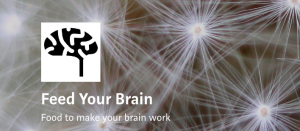How Collagen Can Help Protect You From Alzheimer’s
There are more than 20 different types of collagen. Connective tissue contains mainly types I, II and III. Hair and skin contain mainly type 1 collagen, and this is the type used in cosmetic products. Types IV and V are found in internal organs. Type VI is the one that plays a special role in the brain.
Collagen VI, it turns out, is a crucial part of the brain’s defence system. It is found abundantly in, and gives structure to, the blood-brain barrier. This barrier is the membrane that controls the substances that pass from general circulation into the brain, in the same way that the gut barrier controls what passes from gut to circulation. Collagen also has an antioxidant, protective effect against free radicals generated by oxidative stress. Free radicals are unstable molecules that can cause extensive damage to tissues if not kept in check by antioxidants.











